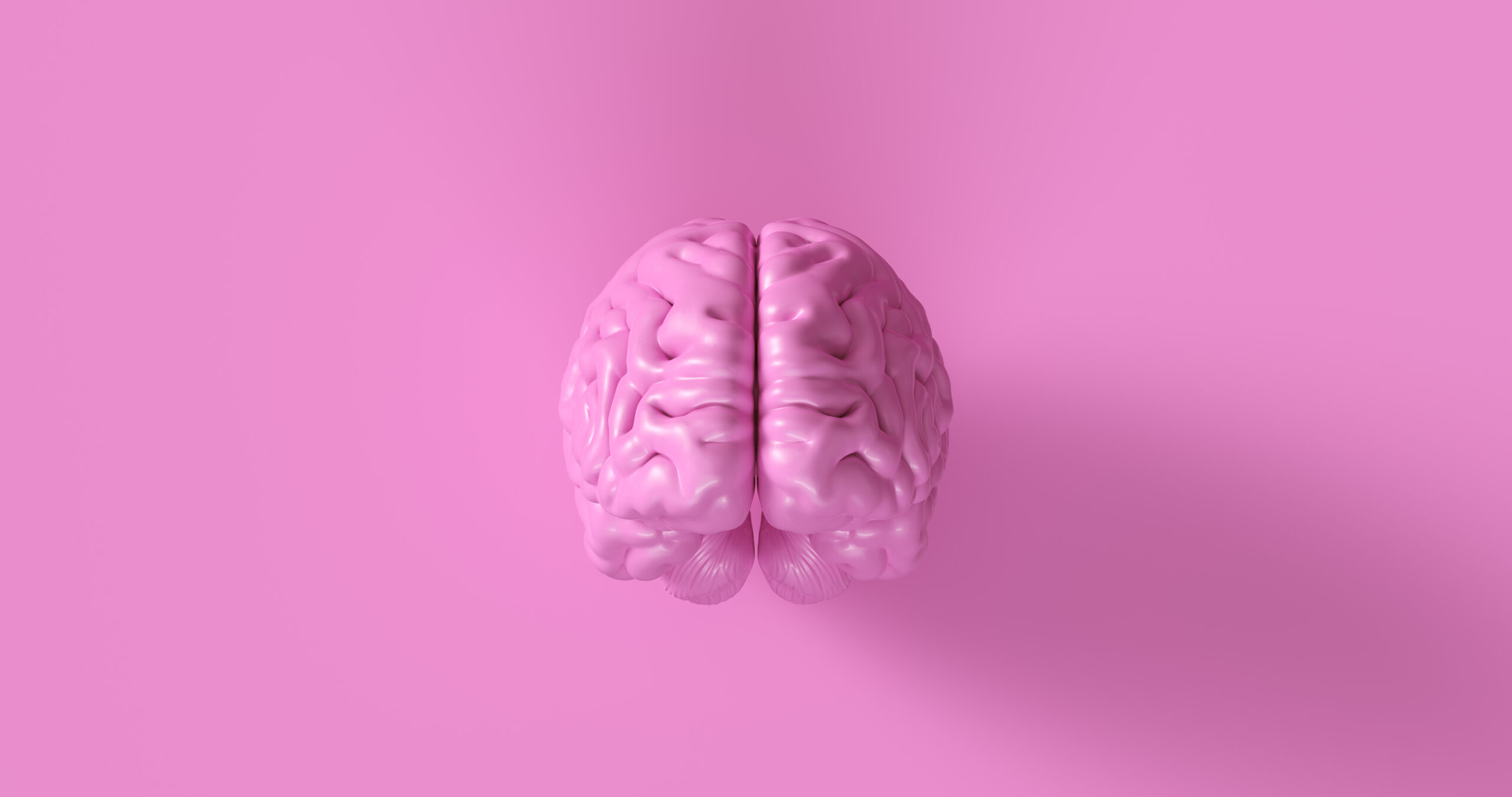Why Dementia Patients May Have Trouble Recognizing New Faces
Dementia is a condition that affects the brain, leading to problems with memory, thinking, and behavior. One common issue faced by people with dementia is difficulty recognizing new faces. This can be confusing and frustrating for both the person with dementia and their loved ones. Understanding why this happens can help us better support those affected.
## Changes in the Brain
Dementia damages parts of the brain involved in memory and perception. This includes areas responsible for recognizing faces, which are complex visual stimuli. When these areas are affected, it becomes harder for people with dementia to process and remember new faces.
## Visual Perception Problems
People with dementia often experience changes in visual perception. They might have trouble seeing contrasts, detecting movement, or recognizing colors. These difficulties can make it even harder to recognize faces, as they may appear distorted or unfamiliar.
## Memory Issues
Memory plays a crucial role in recognizing faces. Dementia affects memory by making it difficult to form new memories or recall recent events. This means that even if someone with dementia meets a new person, they might not be able to remember their face later.
## Emotional Recognition
Dementia also affects emotional recognition, which is closely linked to face recognition. People with dementia might struggle to understand emotions expressed through facial expressions, making it harder to connect with others or remember them.
## Supporting Loved Ones
If someone you know has dementia and is having trouble recognizing new faces, there are ways to help. Using photos or names can assist in remembering people. Creating a supportive environment where they feel comfortable and less stressed can also make a big difference.
In summary, difficulty recognizing new faces in dementia patients is due to a combination of brain changes, visual perception issues, and memory problems. By understanding these challenges, we can provide better support and care for those affected.





